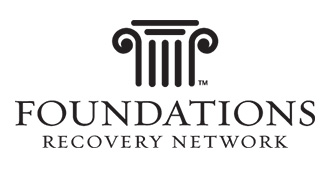When talking about genetic factors that heighten risk of addiction, very few, if any, factors are physical. However, scientist recently discovered that your eye color may indicate you risk for alcohol addiction.
The American Journal of Medical Genetics: Neuropsychiatric Genetics (Part B) published a study that found a higher frequency of alcohol dependence among people with light-colored eyes like blue, green, grey, and brown with a dark center and lighter edges, than those with darker eyes. Of all eye colors, blue eyes have the strongest association with alcohol dependence.
The study defined “alcohol dependence” using criteria from the Diagnostic and Statistical Manual of Mental Disorders - 4th Edition. In the study, researchers at the University of Vermont compared genetic sequences that determine eye color to the sequences determining alcoholism. These two factors line up on the same chromosome and are close to one another. The study says that there is a “statistically significant” interaction between genes for eye color and alcohol addiction. A genetic interaction is when one gene influences how another gene is expressed.
Researchers first found that European-Americans have the highest genetic predisposition to alcohol dependence. Of that segment, people with light color eyes had the highest rate of alcohol dependence. The study was conducted using a genetic database comprised of more than 10,000 people, most of them African-Americans and Europeans-American that have been diagnosed with at least one psychiatric illness. In the sample, some people have multiple illnesses like depression, schizophrenia, and other addictions. What they all have in common is that psychiatric illnesses are complex - comprised of many genes and have many environmental triggers.
The goal of the study, like most alcohol dependence research, is to identify new ways of diagnosing and treating alcoholism. This is only the beginning of this research, with researchers saying that they’re still not sure why the association exists, so more studies are needed. The next phase of research will involve replicating everything to see if the numbers hold up to repeated testing, which should reveal if the connection is strictly genetic or if cultural factors are influencing results.
Scientists are increasingly fascinated by the relationship between cultural background and genetic makeup. The more they learn, the more there is to know. It is becoming clear that this is uncharted water. Researchers believe that with all the genes that have been discovered in the past few decades, we have just started to chip away at the surface and the majority is still unknown. Doctors and people coping with alcoholism alike are excited to see movement and new information in this needed field.






COMMENTS